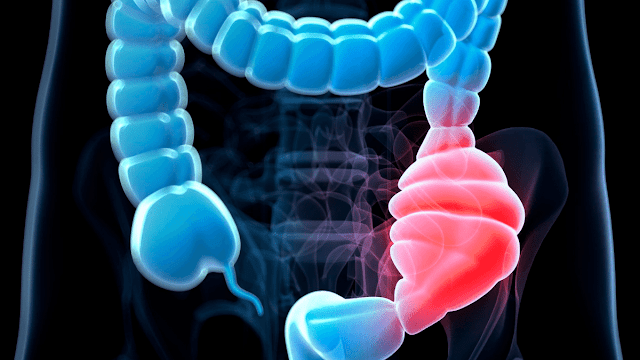Opioid Induced Constipation Treatment cures constipation
 |
| Opioid Induced Constipation Treatment |
Apart from the rising usage of opioids in individuals with chronic pain, several people suffer from a problem known as opioid-induced constipation (OIC). These problems impact 40% to 80% of people who consume these medicines persistently. Detecting the main problem of opioid-induced constipation is important to decrease a patient’s illness. This is not always convenient and needs a persistent drug history. Opioid-induced constipation can happen for a variety of causes and might be intensified by modifications in the diet, sunstroke, inactivity, and other problems. Opioid Induced Constipation Treatment consists of laxatives and stool looseness, which aid make stools convenient to pass. Modifications in diet, exercise, and behaviors can reduce Opioid Induced Constipation signs in some people. If these modifications do not work, a doctor can suggest medications for Opioid Induced Constipation Treatment. Additional to medicines, a doctor can also suggest fiber supplements such as Citrucel, Metamucil, or FiberCon to aid create bowel movements. These medicines are now OTC and can be very efficient for Opioid Induced Constipation Treatment.
The beginning of reaction to these
supplements differ vastly and is based on the person consuming them, and their
age, weight, and health problems. One should talk to the physician prior to the
consumption of a new supplement to ignore complications and potential contact
with other medicines one is consuming. Opioid
Induced Constipation Treatment is a common difficulty among patients with
pain resulted due to several disorders. While it can be an infuriating and upsetting
complication, there are therapies to decrease the prodromes and offer the
medicine to the patient. Controlling opioid-induced constipation is essential
to aid assure that individuals receive sufficient sedatives and to decrease the
threat of adverse complications. Opioid Induced Constipation is a general
complaint among those consuming opioids for chronic, non-tumor pain. To decrease
the effect of Opioid Induced Constipation, patients can take measures to enhance
their complete well-being, such as consuming a healthy diet, consuming plenty
of water, exercising, and including dietary fiber or stool smoothers in their
routine.
They can also use some medicines such as
laxatives, which may be very efficient compared to dietary changes alone. Obstruction
of Opioid Induced Constipation Treatment is preferred over therapeutics, when
possible. This consists of changing lifestyle factors such as decreasing fat
intake, rising dietary soluble fiber, consuming adequate water, and utilizing
laxatives, particularly when dehydrated or under the effect of narcotics. Opioid
Induced Constipation Treatment is suggested when dietary or lifestyle changes
are not efficient, or when the patient faces serious and constant constipation.
Various medicines are accessible to cure Opioid Induced Constipation, consisting of subcutaneous methylnaltrexone, naloxegol, and lubiprostone.



Comments
Post a Comment